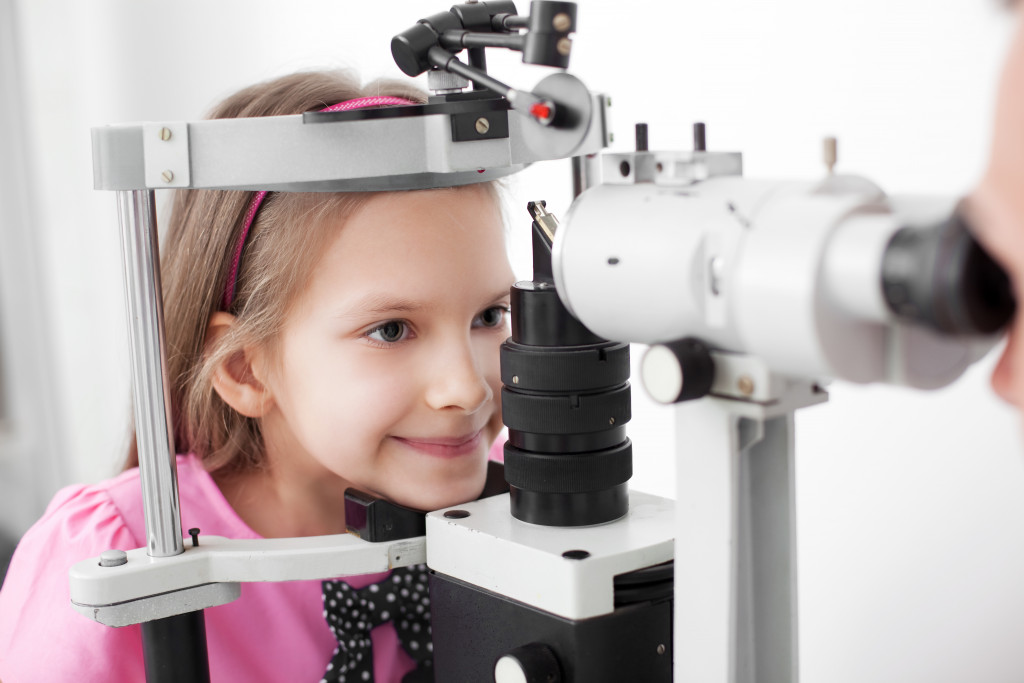The medical and surgical field is one of the most critical and essential aspects of human society. Every day, doctors and nurses worldwide work tirelessly to save lives and improve the quality of life for their patients. And as our understanding of the human body grows, so does our ability to treat illnesses and injuries.
With such a critical role in people’s lives, the medical industry needs to evolve and innovate to provide better services for people constantly.
The medical and surgical field has made great strides in recent years. Thanks to digital advancements in the medical field, countless lives have been saved and improved. For example, cardiopulmonary resuscitation (CPR) is a life-saving procedure that anyone with minimal training can perform. With the help of digital technologies, CPR rates have increased significantly in recent years, saving many lives.
Digital technology-enhanced CPR is not the only medical procedure that benefited from advancements. Here are a few more trends that show signs of improvement for the medical industry.
Telehealth Services
Telehealth services have become a revolutionary medical innovation for connecting doctors to patients virtually. The advancement allowed patients to have greater access to quality healthcare services, regardless of their location.
The Covid-19 pandemic has created a global health crisis, and telehealth services have become more critical than ever. By connecting doctors and patients virtually, telehealth services have allowed people to access quality healthcare services from anywhere. It has been crucial in helping to contain the spread of Covid-19 and providing care for those who are infected.
Telehealth services have also been a valuable resource for researchers. By studying patients remotely, researchers can get a better understanding of the virus and how it spreads. It will help to improve our response to future pandemics.
Digital Medical Records
Digital medical records have allowed for the safe and secure storage of patients’ medical information. It has helped to improve communication between doctors and provide a more efficient way to track patients’ medical history.
Medical records are a critical part of the medical field, and they play a vital role in the quality of care that patients receive. By having access to digital medical records, doctors can provide better and more efficient care for their patients.
Digital medical records have also helped to improve communication between doctors. By sharing information electronically, doctors can avoid miscommunication and errors. It is essential when it comes to prescribing medication.
Artificial Intelligence in Healthcare
Artificial intelligence (AI) is playing an increasingly important role in healthcare. Doctors can use AI to diagnose diseases, predict patient outcomes, and provide treatment recommendations.
AI is effective in diagnosing diseases. In a study conducted by Stanford University, AI was able to diagnose lung cancer with a 95% accuracy rate. It is significantly higher than the accuracy rate of human doctors (50-60%).
AI is also helpful in predicting patient outcomes. A University of Nottingham study states that AI could predict patient mortality rates with an accuracy rate of 85%. It is significantly better than the accuracy rate of human doctors (68%).
AI can also be effective in providing treatment recommendations. In a study conducted by the Mayo Clinic, AI offered treatment recommendations for sepsis that were in line with the guidelines set by the American College of Cardiology.
Inclusive Diagnostic Tools
Diagnostic tools and medical equipment have become increasingly accessible and suitable for all patients. One example of this is open MRI machines designed for claustrophobic people.
Open MRI machines are becoming more and more common, and they are helping to improve the quality of care that patients receive. By using an available MRI machine, claustrophobic patients can get the same level of care as everyone else. There are many more digital advancements that copy that format, ensuring that every type of patient will receive the surgery and treatment they need.
Robotic Surgery

Robotic surgery has revolutionized the field of surgery. By using robotic surgery, surgeons can perform surgeries with greater precision and accuracy. The trend has been incredibly beneficial in surgeries that are high risk or that require a high degree of precision. Robotic surgery has also allowed surgeons to operate on patients who cannot undergo traditional surgery. It is because robotic surgery is less invasive than conventional surgery.
Robotic surgery is also more cost-effective than traditional surgery. The automated procedure requires less time in the operating room, resulting in fewer complications.
Conclusion
Digital technology has had a profound impact on the medical field. Thanks to digital advancements, countless lives have been saved and improved—the trends mentioned above are just a few areas where digital technology is making a positive impact.
As the world becomes more digitized, we can expect to see even more advances in the medical field. These advances will help to improve the quality of care that patients receive and save even more lives.
